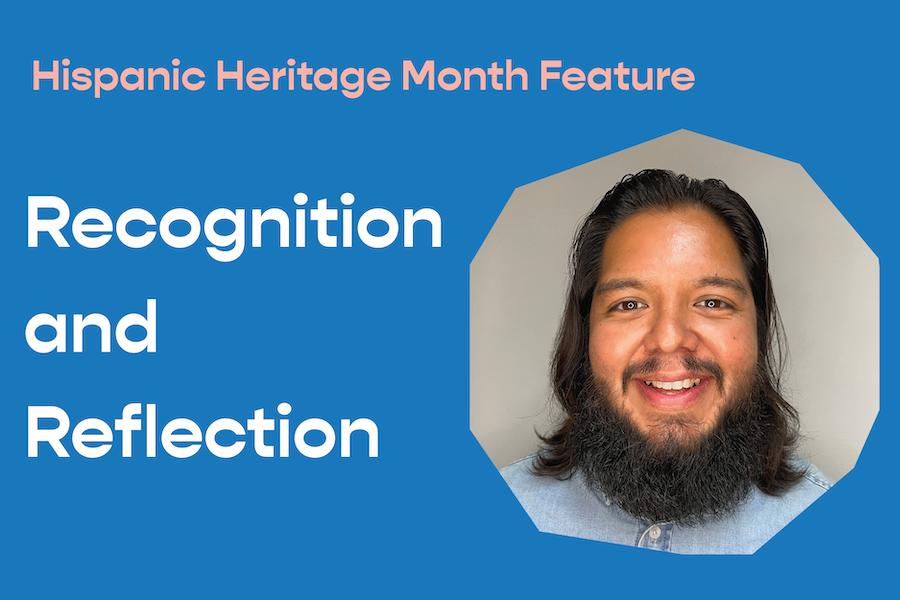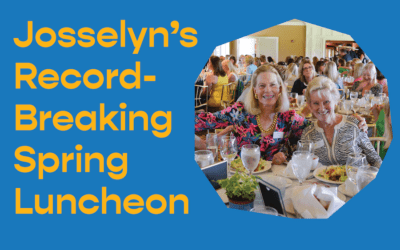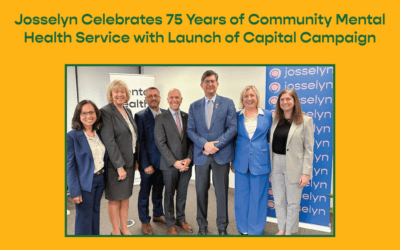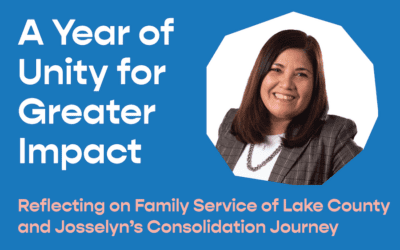By Javier Martinez, LPC
October 6, 2022

Hispanic Heritage Month Feature
This month we’re hearing from some of Josselyn’s staff who are proud members of the Hispanic community and who will share what Hispanic Heritage Month and mental health means to them.
This feature is written by Javier Martinez, LPC, who is an adolescent Intensive Outpatient Program (IOP) Family Therapist.
National Hispanic Heritage Month takes place from September 15 – October 15 and is a time to recognize and celebrate the contributions and influence of Hispanic Americans. But this is also a time to recognize the challenges experienced by the Hispanic community in the U.S.
As a Licensed Professional Counselor who is Hispanic, I see challenges within this community firsthand as they relate to mental health care and accessibility.
According to the Substance Abuse and Mental Health Services Administration (SAMHSA), 35.1% of Hispanic adults with mental illness receive treatment annually, compared to the U.S. average of 46.2%.[i]
There are a myriad of factors that contribute to mental health care access, or the lack thereof. For the Hispanic community, one of the biggest is the language barrier. Though there has been a recent increase in the number of bilingual therapists in the field, this does not necessarily extend to the intake process, initial evaluations and ongoing assessments, or the resources provided to the client once they have started therapy. English language materials and processes conducted in English can leave Hispanic clients at a disadvantage, whether through undertreatment or a misdiagnosis. (At Josselyn we currently have a staff member in our intake department who is Spanish-speaking and also provide some of our website pages and printed resources in Spanish.)
In addition, the stigma surrounding mental health challenges is a key factor in influencing members of the Hispanic community to resist seeking services. Reasons for this vary and can include:
- A perception that mental health challenges are a weakness or moral failing
- A perception that those who seek support bring shame or embarrassment to their families and community
- A general lack of awareness of services
- Prioritizing support through church or faith-based system
What can be done to make an impact in accessibility for the Hispanic community and the overall BIPOC community?
To be able to bring my bilingual skills and my culture to my role at Josselyn is one of the most rewarding aspects of my work in our adolescent IOP. These elements create a more inclusive space for our diverse client base and allow me to build connections and help these teens achieve their goals of returning to school and their normal activities.
To that end, I would like to see more comprehensive care that takes into consideration a client’s culture and background at each step of the treatment plan. Bilingual therapists and resources are a great start, and this level of care can help to bridge the gap and build trust of systems in the Hispanic community.
In addition, the highest quality mental health care is that which is tailored to each client’s specific needs. Much of the research in this field has been conducted with the majority of participants identifying as Caucasian and male. This excludes many and leaves a lot of room for improvement. More inclusive research and trials can help inform better care models and treatment plans for our Hispanic and BIPOC clients.
At a more individual level, I recommend:
- Be curious about Hispanic culture and that of other communities of color. Do your research and understand their traditions and history to help you gain a new perspective.
- Learn about the challenges that Hispanics, and the BIPOC community, have faced in the U.S. and how it shapes their experiences and beliefs.
- Identify your own biases and learn how you can become an ally and use your allyship to promote advocacy for Hispanic Americans and the BIPOC community.
Some resources to help to accomplish these goals:
Read
- Cultural Foundations and Interventions in Latino/a Mental Health: History, Theory, and Within-Group Differences (Explorations in Mental Health) by Hector Y. Adames and Nayeli Y. Chavez-Dueñas
- The New Jim Crow: Mass Incarceration in the Age of Colorblindness by Michelle Alexander
- White Fragility: Why It’s So Hard for White People to Talk About Racism by Dr. Robin DiAngelo and Michael Eric Dyson
Watch
- Jane Elliott’s “Blue Eyes/Brown Eyes” Anti-Racism Exercise, The Oprah Winfrey Show, OWN
- Ted Talk – How childhood trauma affects health across a lifetime by Nadine Burke Harris. Covers the linkage between health disparities and mental health
Learn
- Take an implicit bias test by Project Implicit, a non-profit organization with the purpose to educate the public about bias and to provide a “virtual laboratory” for collecting data on the internet.
- Learn about the White Identity Model and where you stand in it. By Janet Helms, summarized by Beverly Daniel Tatum and Ali Michael
[i] Substance Abuse and Mental Health Services Administration. (2021). Key substance use and mental health indicators in the United States: Results from the 2020 National Survey on Drug Use and Health (HHS Publication No. PEP21-07-01-003, NSDUH Series H-56). Rockville, MD: Center for Behavioral Health Statistics and Quality, Substance Abuse and Mental Health Services Administration. Retrieved from https://www.samhsa.gov/data/
Javier Martinez is an adolescent Intensive Outpatient Program (IOP) Family Therapist at Josselyn. When he’s not at work, he spends his time skating, biking, and taking care of his plants. His favorite is an ivy that he’s been growing for five years.




